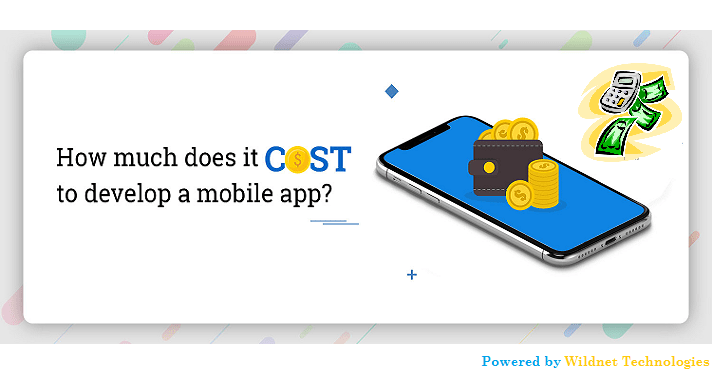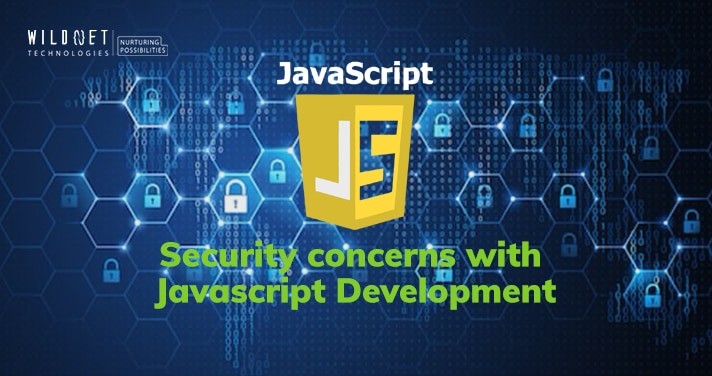There are two major types in the database realm: SQL (Structured Query Language) and NoSQL (Not Only SQL) databases. The appropriate system for data management is essential for adequate data storage, control, and retrieval. So, what are these SQL and NoSQL databases, and how do they differ?
Here in the blog, we will discuss what SQL and NoSQL databases are, their differences, use cases, advantages, and limitations so that you can make informed choices for your project.
What is an SQL Database?
The SQL database logically sorts information and saves it in tables linked to one another. All transactions and the storage and retrieval of data are carried out using the structured query language, popularly known as SQL.
Key Features of SQL Databases
- Structured Data Storage – Data is stored in rows and columns, ensuring high organization.
- ACID Compliance – Ensures data integrity with Atomicity, Consistency, Isolation, and Durability properties.
- Predefined Schema – Requires a strict schema, meaning the structure of the database must be defined before inserting data.
- Relational Model – Tables can be related to one another using primary keys and foreign keys.
- Standard Query Language (SQL) – A powerful language for retrieving, inserting, and updating data.
- High Data Integrity – Ensures that transactions maintain consistency and avoid corruption.
Popular SQL Databases
- MySQL – Open-source, widely used for web applications.
- PostgreSQL – Advanced SQL database with strong compliance and extensibility.
- Microsoft SQL Server – Developed by Microsoft, commonly used in enterprise applications.
- Oracle Database – High-performance database used by large enterprises.
- SQLite – A lightweight SQL database commonly used for embedded applications.
Common Use Cases for SQL Databases
- Financial Applications – Banks and financial institutions require ACID compliance for transactions.
- Enterprise Applications – ERP and CRM systems rely on structured data management.
- E-commerce Websites – Online stores use SQL for managing product inventories and customer orders.
- Government & Healthcare – Industries that need secure, structured, and relational data storage.
What is a NoSQL Database?
A NoSQL database is a non-relational database designed to handle large volumes of unstructured, semi-structured, and structured data. Unlike SQL databases, NoSQL databases do not require a fixed schema and can scale horizontally.
Key Features of NoSQL Databases
- Schema Flexibility – No predefined schema, allowing dynamic and varied data structures.
- Horizontal Scaling – Supports sharding and distributed storage for handling massive datasets.
- High Performance – Optimized for fast reads and writes, making it ideal for real-time applications.
- Variety of Data Models – Supports document-based, key-value, column-family, and graph models.
- Eventual Consistency – Prioritizes scalability over strict consistency in some cases.
- Big Data & Real-Time Processing – Designed to handle large, distributed data with minimal latency.
Types of NoSQL Databases
- Document Stores (MongoDB, CouchDB) – Store JSON-like documents, great for flexible data storage.
- Key-Value Stores (Redis, DynamoDB) – Simple storage with fast lookups, ideal for caching.
- Column-Family Stores (Cassandra, HBase) – Store data in columns rather than rows, optimized for big data.
- Graph Databases (Neo4j, ArangoDB) – Used for complex relationships like social networks.
Common Use Cases for NoSQL Databases
- Real-Time Applications – Social media, messaging apps, and recommendation systems.
- Big Data & Analytics – NoSQL databases are optimized for processing large datasets.
- Content Management – Platforms like blogs, CMS, and media storage.
- Internet of Things (IoT) – Storing and analyzing data from sensors and connected devices.
- Gaming & Streaming Services – Used for handling real-time user interactions and recommendations.
SQL vs NoSQL: Key Differences
| Feature | SQL Database | NoSQL Database |
| Data Structure | Tables with rows & columns | Flexible, document-based, key-value, column-oriented, or graph-based |
| Schema | Fixed, predefined schema | Dynamic schema, flexible data storage |
| Scalability | Vertical scaling (adding more power to a single server) | Horizontal scaling (distributing data across multiple nodes) |
| Query Language | Uses SQL for data management | Uses various querying methods, including JSON-based queries |
| ACID Compliance | Strong ACID transactions | May follow BASE (Basically Available, Soft state, Eventually consistent) model |
| Best Use Cases | Financial systems, e-commerce, enterprise apps | Real-time analytics, big data, IoT, social networks |
When to Choose SQL vs NoSQL?
Choose an SQL Database If:
✅ Your data is highly structured and relational.
✅ You need strong data integrity and ACID compliance.
✅ Your application requires complex queries with JOIN operations.
✅ You are working with financial or business-critical applications.
Choose a NoSQL Database If:
✅ Your data structure is dynamic and evolving.
✅ You need horizontal scalability to handle massive traffic.
✅ Your application deals with big data and real-time analytics.
✅ You’re building applications like social networks, IoT systems, or recommendation engines.
FAQs About SQL and NoSQL Databases
1. Is NoSQL better than SQL?
Neither is strictly better—it depends on your use case. SQL is better for structured data and transactional consistency, while NoSQL excels in scalability and handling unstructured data.
2. Can I use SQL and NoSQL together?
Yes! Many modern applications use a hybrid approach, storing structured data in SQL databases and unstructured data in NoSQL databases.
3. Is MySQL a NoSQL database?
No, MySQL is a relational SQL database that follows the ACID model. However, some versions offer NoSQL-like features.
4. What are some companies using NoSQL?
Companies like Facebook, Google, Amazon, Netflix, and LinkedIn use NoSQL databases for handling real-time user interactions and massive datasets.
5. What is the future of SQL and NoSQL?
Both will continue to evolve. SQL databases will remain strong for business applications, while NoSQL will continue to dominate big data, AI, and real-time applications. Many organizations will adopt a multi-model approach using both.
Conclusion
Both SQL and NoSQL databases have different uses. The right choice depends on your application’s requirements. NoSQL is great for big data applications, whereas SQL is ideal for structured and transactional data due to its accuracy and speed.
If you are embarking on a new project, ask yourself beforehand about your data structure, scalability, and performance requirements.
Will SQL or NoSQL be your database of choice in your upcoming project? Share your thoughts in the comments!
Get in touch with Wildnet Technologies today!






